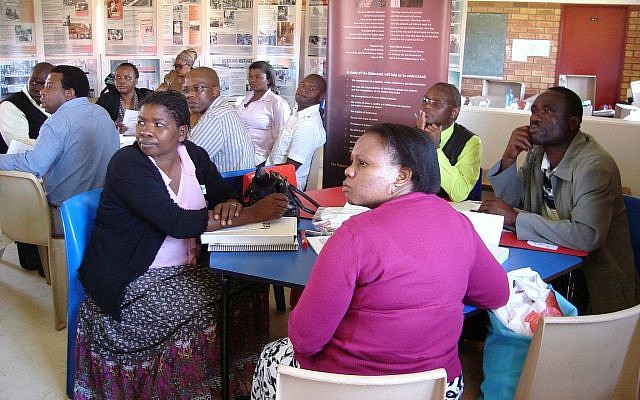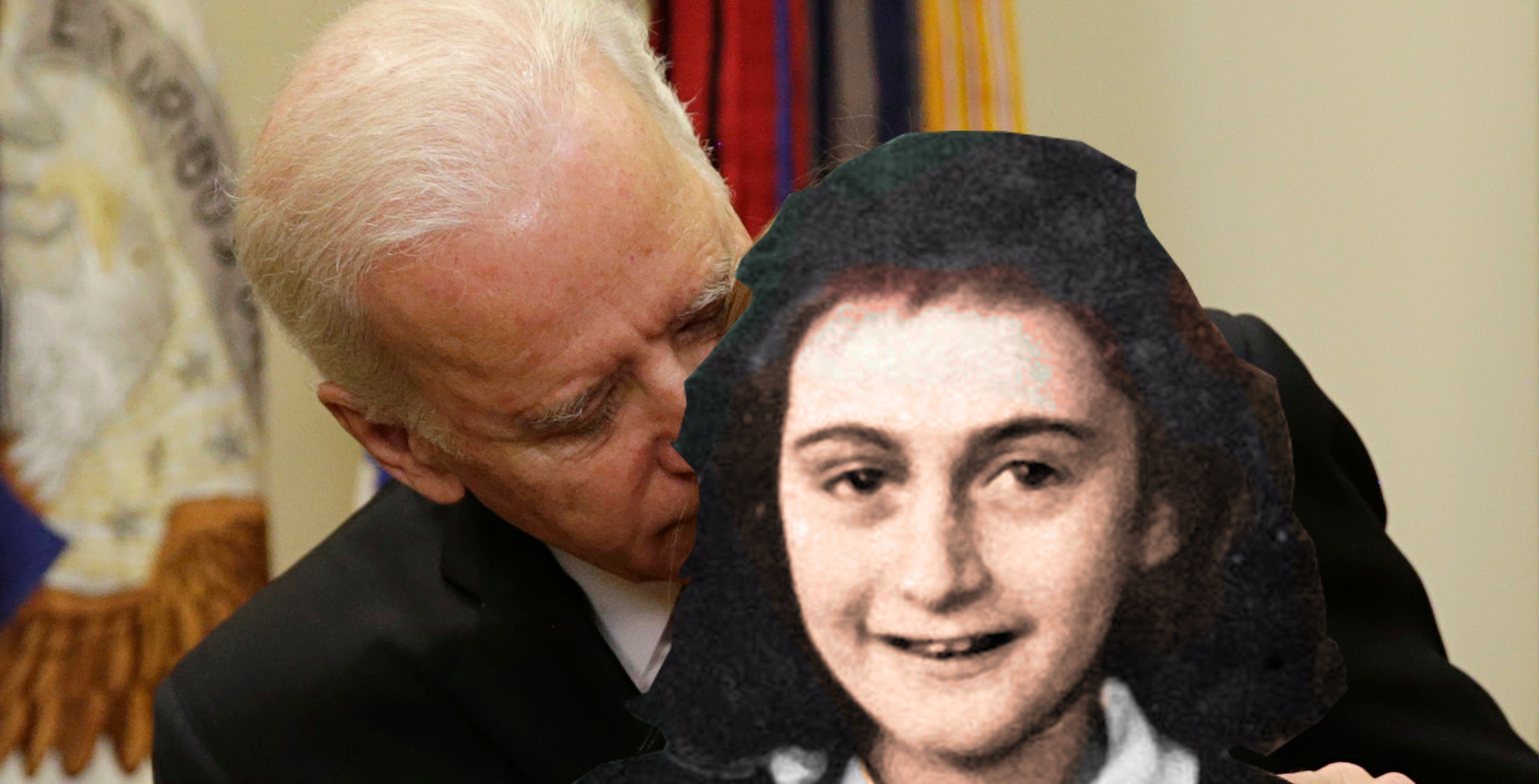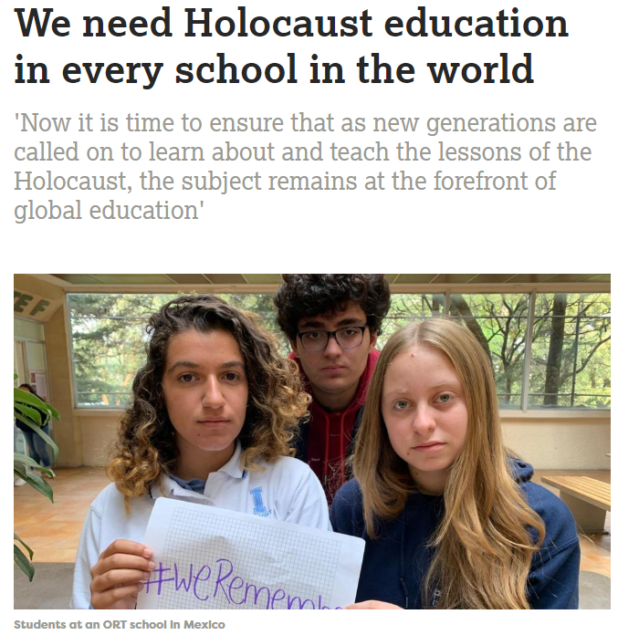
Somewhere in Africa a negro is running through the jungle, dodging lions and tigers, swerving spear-thrusts from cannibals and trying to keep himself going for one more day of his miserable, pathetic and pointless life. Without knowing enough about the Holocaust.
Somewhere in Asia, a slant-eyed peasant toils in his rice paddy, hoping he can grow enough food to meet the government quota and still have enough left over to see his family through the hard winter months. Without knowing enough about the Holocaust.
Somewhere in Latin America, down-trodden campesinos sweat in the fields of the local drug baron, hoping they won’t be trafficked for their organs if they fail to pay off that debt they incurred to fund little Pedro’s operation in a failed attempt to stop him dying from the cancer he contracted while playing in a pollutant-infested stream. Without knowing enough about the Holocaust.
Life in the Third World is nasty, brutish and short. And these poor brown savages don’t know enough about the Holocaust.
That needs to change. And it will, thanks to humanitarian benefactor Robert Singer, ex-CEO of the World Jewish Congress. After this proud philanthropist’s benevolence has been dispensed, life in the Third World will still be nasty, brutish and short. But at least they’ll know all about the Holocaust.
As astonishing as it may seem, three quarters of a century after the brutal facts of the Holocaust were laid bare before the eyes of the world, we now face an enormous battle to educate new generations about the worst genocide in the history of mankind.
It is true we have reasons to be optimistic. In the United States, the Never Again Education Act was signed into law after passing the House of Representatives with bipartisan support and the Senate by unanimous consent in May. It will ensure federal funding to expand Holocaust education across the US.
In Europe, Germany’s six-month presidency of the Council of the European Union, starting this week, comes with a pledge to do more to tackle the global lack of Holocaust education. Earlier this year the country also took the chair of the International Holocaust Remembrance Alliance (IHRA) with the aim to counter Shoah denial and falsification.
The Jews have brought the entire western world under their empire of lies aka the Holocult. Now they want to extend it to the third world.
During my time at the WJC we also instigated the We Remember campaign, a digital initiative which runs alongside the annual Holocaust Memorial Day commemorations and promotes the importance of Holocaust education. In 2019, the campaign reached more than two billion people worldwide.
However there is much still to do. The disagreements in Britain over the siting of the planned Holocaust Memorial and Roman Abramovich’s generous multi-million pound donation to the Holocaust exhibition at the Imperial War Museum mean the issue is regularly in the news.
In many parts of the world, including Latin America, Asia and Africa, this could not be further from the truth. With no Holocaust education in the national curricula, and often no prominent advocates on the subject, the re-emergence and growth of antisemitism remains difficult to tackle.
This is why ORT is now encouraging governments around the world to make Holocaust education part of their national curricula. We owe it to the memory of the millions who were killed to continue telling their stories, to keep educating new generations, and to ensure the lessons of the past are used in the ongoing fight against contemporary antisemitism.
Those poor bastards in the Third World need to know that however big they think their victimhood is, Jewish victimhood is the biggest of all. Jewish fragility is so great they cannot bear the thought that anyone anywhere in the world might not know about the 6 trillion.

